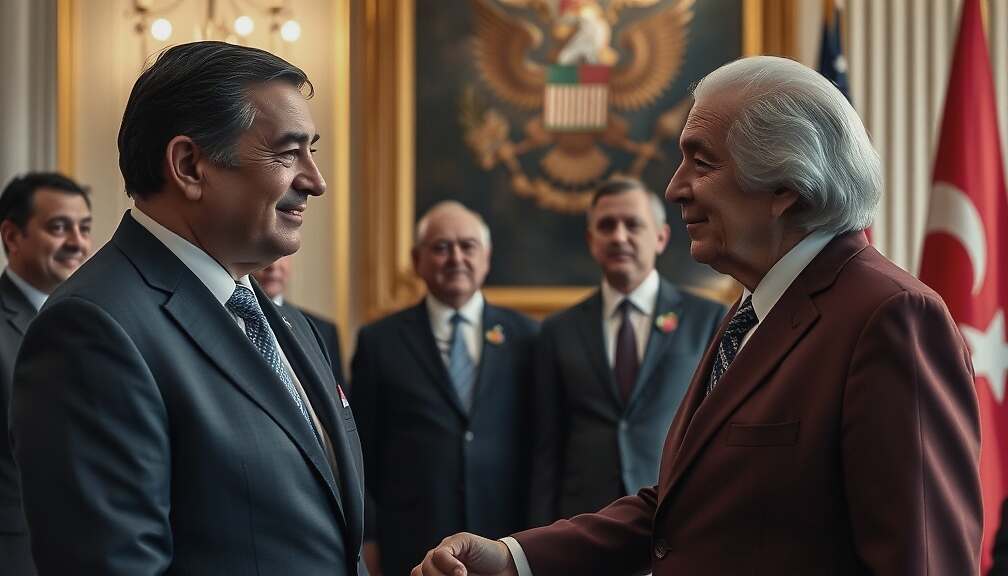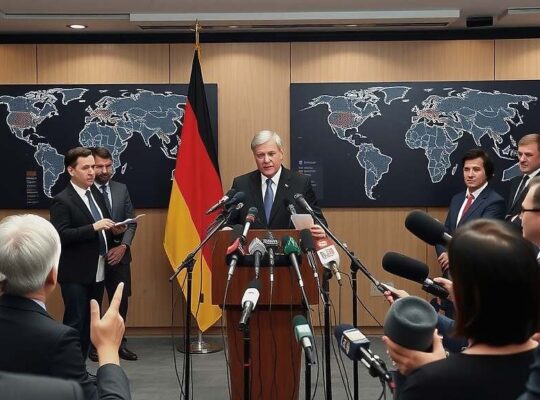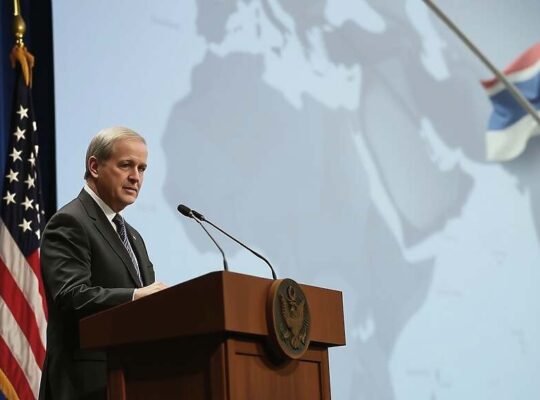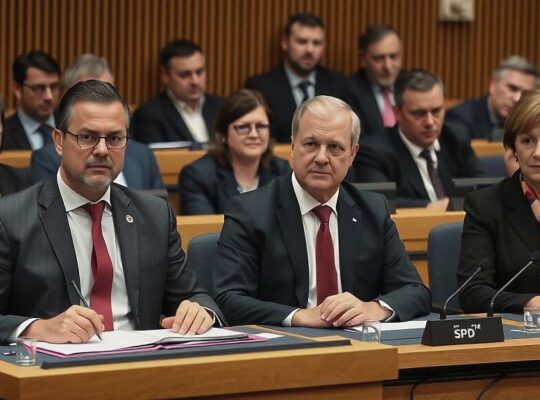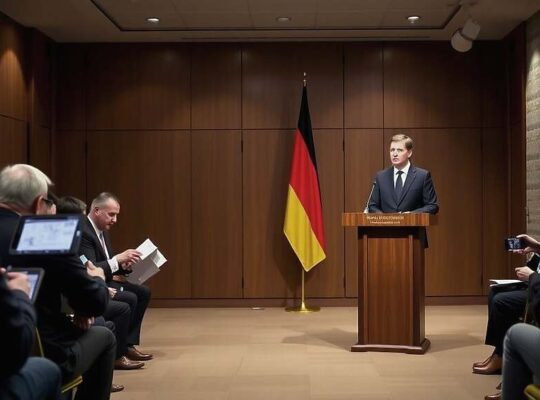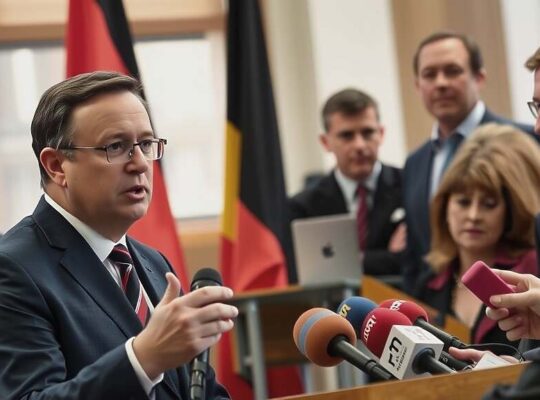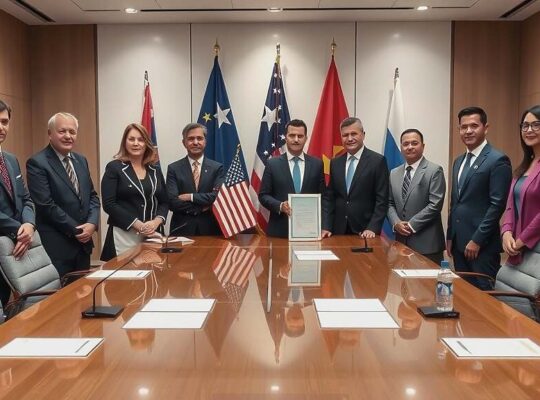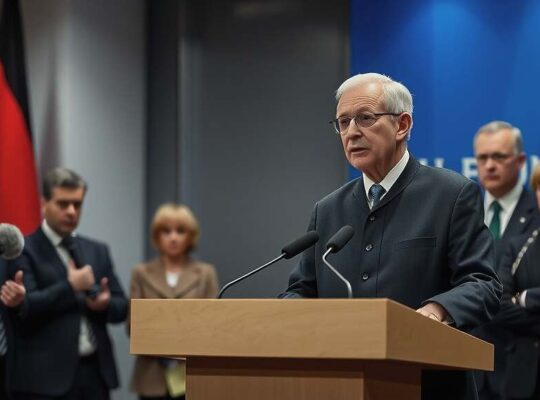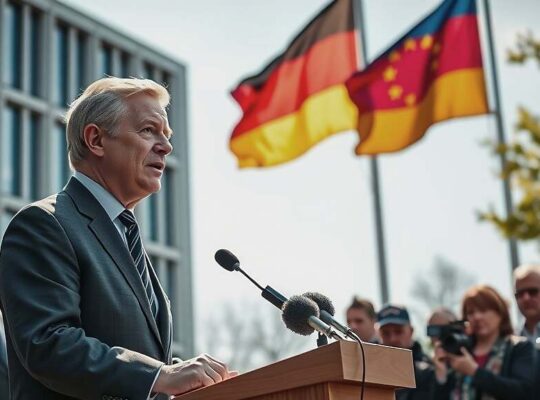A former German foreign minister is urgently warning against a sweeping US proposal for resolving the conflict in Ukraine, characterizing it as a potential betrayal of transatlantic relations and a recipe for European instability. Sigmar Gabriel, a prominent figure within the Social Democratic Party (SPD), has publicly called on European leaders to aggressively lobby for revisions to the so-called “28-point plan” originating from the Trump administration.
Gabriel, speaking to the Tagesspiegel newspaper, expressed deep concern that the plan, which reportedly incorporates numerous Russian demands, could precipitate a “second Versailles” scenario – a punitive settlement that undermines both Ukrainian sovereignty and European security. He cautioned that the adoption of such a framework would effectively shatter the existing foundation of the transatlantic partnership.
“We must do everything possible, even if the chances of success are slim, to persuade the United States to reconsider this dictate-peace” Gabriel stated. He further argued that a failure to do so would signify a decisive shift in the US stance, transforming Washington from an ally into an implicit partner of Europe’s “fiercest enemy”. This would leave Europe dangerously exposed and reliant on its own resources in the face of potential Russian aggression.
The implications extend beyond geopolitical strategy, Gabriel cautioned, necessitating a renewed focus on bolstering European economic strength and military capabilities. He starkly dismissed any expectation of a return to the historically robust transatlantic community of values and interests, suggesting it remains a profoundly uncertain prospect.
This view is echoed by Metin Hakverdi, the German government’s transatlantic coordinator, who also urged unified European action to safeguard Ukrainian and European security interests. Hakverdi expressed concern that the plan appeared to incorporate many of Russia’s previously stated objectives, emphasizing the need to increase pressure on Moscow rather than further burdening Ukraine.
The unfolding situation raises critical questions regarding the evolving nature of transatlantic relations and the potential for a significant realignment of power in the region, leaving European policymakers to confront a future potentially devoid of the reliable security guarantees previously assumed.


